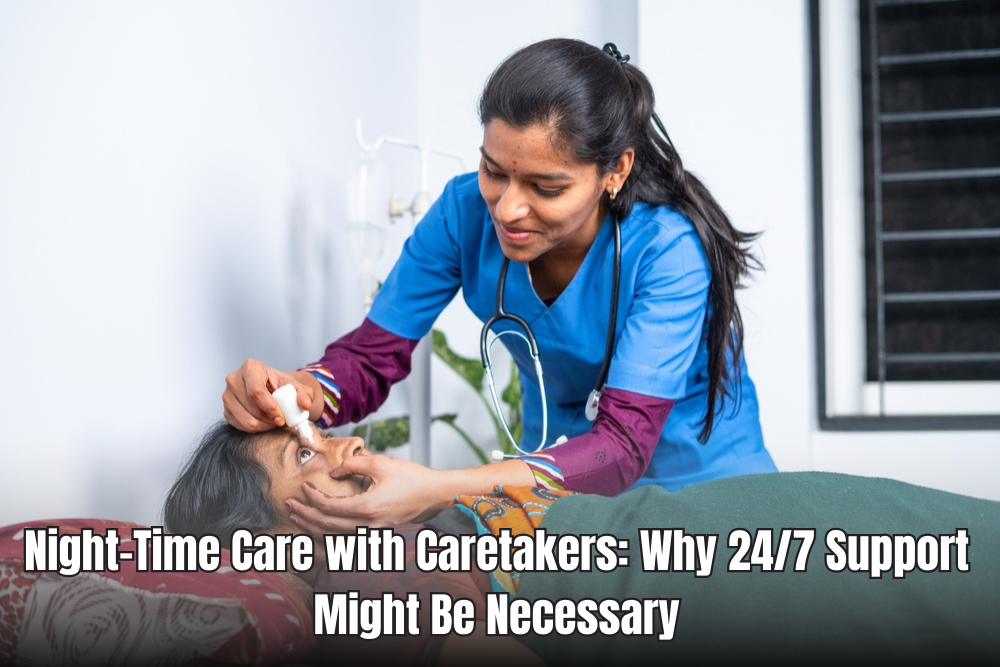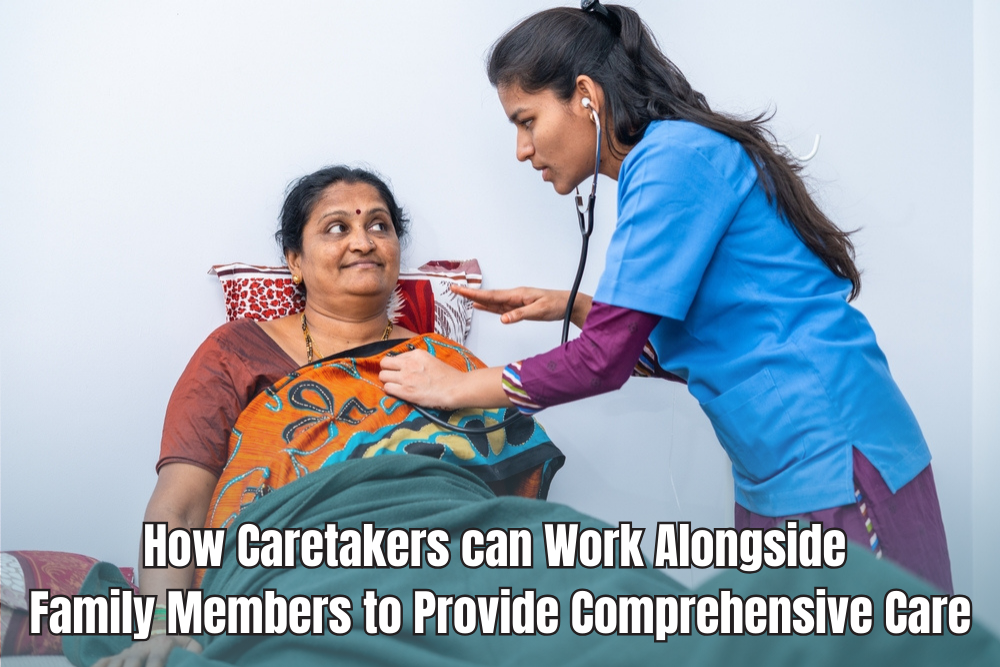Caring for elderly loved ones often extends beyond daytime hours. Night-time can be particularly challenging for families, especially when seniors require constant monitoring, assistance with mobility, or support for medical conditions. In this article, we will explore why night-time care is crucial, the role of home health aides in providing 24/7 support, and how this care ensures safety and peace of mind for both seniors and their families. By the end, you’ll have a clear understanding of why investing in professional night-time assistance can be life-changing.
Why Night-Time Care is Crucial for Seniors
As people age, their needs often intensify during the night due to:
- Medical Conditions: Seniors with chronic illnesses like dementia, diabetes, or respiratory disorders may require frequent attention.
- Mobility Issues: Risk of falls increases when navigating the home in low light.
- Sleep Disorders: Conditions like insomnia, sleep apnea, or frequent bathroom trips disrupt their rest.
- Emotional Reassurance: Loneliness or anxiety during the night can lead to restlessness.
Night-time care ensures seniors have someone available to address these challenges immediately.
Role of Home Health Aides in Night-Time Care
Home health aides are trained to handle the unique demands of night-time caregiving. Their responsibilities include:
1. Monitoring Health:
Checking vitals and administering prescribed medications on time.
Watching for signs of distress, such as difficulty breathing or confusion.
2. Assisting with Mobility:
Helping seniors get in and out of bed safely.
Assisting with bathroom visits to prevent falls or accidents.
3. Providing Emotional Support:
Offering reassurance and companionship to reduce night-time anxiety.
Maintaining a calm and soothing environment.
4. Handling Emergencies:
Responding promptly to medical emergencies.
Notifying family members or calling healthcare professionals when needed.
5. Ensuring Restful Sleep:
Adjusting bedding for comfort.
Following routines that promote better sleep hygiene.
Why 24/7 Support Might Be Necessary
While some families can manage daytime care, night-time support can be exhausting and impractical without professional help. Round-the-clock care is beneficial when:
- The senior’s health condition requires constant monitoring.
- Family caregivers are unable to maintain a sustainable sleep schedule.
- The home environment is unsafe for unassisted movement at night.
Investing in 24/7 care ensures continuity of assistance and reduces caregiver burnout.
Benefits of Night-Time Care for Families
- Peace of Mind: Families can rest assured knowing their loved ones are in capable hands.
- Reduced Stress: No need to worry about interrupted sleep or handling emergencies alone.
- Improved Senior Well-Being: Continuous care promotes physical and emotional health.
FAQs About Night-Time Care with Home Health Aides
- What does a night-time health aide do?
Night-time aides assist with mobility, monitor health, provide emotional support, and handle emergencies during the night. - How do I know if my loved one needs night-time care?
Look for signs like frequent night-time falls, medical needs, sleep disturbances, or caregiver exhaustion. - Is night-time care expensive in India?
Costs vary based on services, but many families find it an invaluable investment in health and safety. - Can night-time aides manage medical equipment?
Yes, many are trained to operate equipment like oxygen concentrators and monitor vitals. - How do I hire a reliable night-time caregiver?
Partner with trusted agencies like Shree Swami Samarth Patients Seva, known for professional and compassionate care.
Conclusion
Night-time care with home health aides provides the comprehensive support seniors need when their families can’t be available. It ensures safety, comfort, and peace of mind for everyone involved. If you’re considering professional caregiving services, Shree Swami Samarth Patients Seva offers experienced aides who deliver personalized care tailored to your loved one’s needs. Visit www.sssps.in to learn more about our 24/7 support services.



